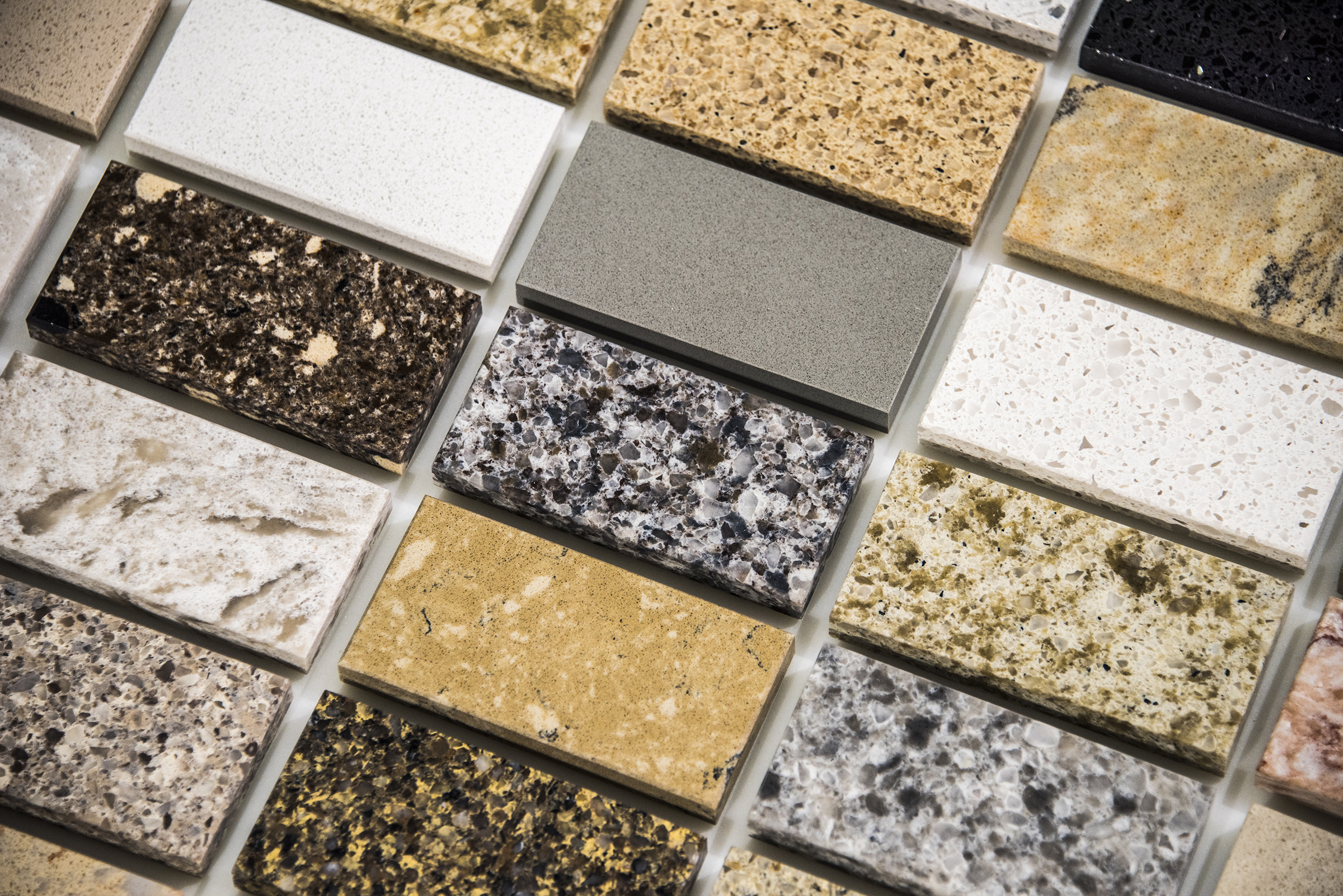Granite countertops are the epitome of elegance and durability. They transform ordinary kitchens into stunning spaces, adding functionality and aesthetic appeal. However, proper care is essential to keeping their natural beauty intact.
Why Granite Countertops Deserve Special Care
Granite countertops are an investment. They are not only expensive but also add significant value to your home. The natural stone’s durability makes it resistant to heat, scratches, and stains, but it isn’t indestructible. Without proper care, even granite can lose its luster and sustain damage.
Regular maintenance involves understanding the nature of granite. It’s a porous material that can absorb liquids and stains if improperly sealed.
Daily Cleaning Practices
Daily cleaning is the first step in maintaining granite countertops. Dust, dirt, and spills are inevitable in a busy kitchen, so developing good cleaning habits is crucial. Use a soft cloth or sponge with warm water and mild dish soap. Avoid harsh or abrasive cleaners as they can damage the sealant and the granite surface. Gentle, circular motions will help lift dirt without causing scratches.
Monthly Deep Cleaning
While daily cleaning keeps your countertops looking good, monthly deep cleaning ensures they remain in top condition. Over time, grease and grime can build up, particularly in high-use areas. Use a granite-specific cleaner for this purpose. These cleaners are formulated to remove deeper stains and residues without harming the stone. Spray the cleaner liberally, let it sit for a few minutes, and then wipe it away with a soft cloth.
Sealing Your Granite Countertops
Sealing is the most critical aspect of granite care. Because granite is porous, sealing prevents liquids from seeping into the stone and causing stains or damage. To determine if your countertops need sealing, perform a simple water test. Pour a few drops of water on the granite. If it absorbs within a few minutes, it’s time to reseal. If it beads up, the seal is still intact.
Handling Spills and Stains
Even with regular cleaning and sealing, spills and stains can happen. Knowing how to handle them promptly can prevent long-term damage.
For liquid spills, blot rather than wipe to prevent spreading. Use paper towels or a soft cloth to absorb the liquid, and then clean the area with mild soap and water.
Avoiding Common Hazards
Certain substances and actions can harm granite countertops. Being aware of these hazards can help you avoid costly damage. Harsh chemicals like bleach or ammonia should never be used on granite. They can break down the sealant and damage the stone.
Maintaining Shine and Luster
Over time, granite can lose its shine. Regular polishing helps maintain its natural luster and enhances its surface protection. Granite polish, available in spray or cream form, can be applied monthly.
Repairing Minor Damages
Minor damage, such as scratches or chips, can occur despite your best efforts. Knowing how to address these issues can save you from more extensive repairs. Minor scratches can often be buffed with a polishing powder for granite. Apply the powder to the scratch and rub it with a damp cloth until it fades.
Benefits of Proper Granite Care
Taking proper care of your granite countertops offers several benefits beyond aesthetics. Well-maintained granite is less likely to harbor bacteria, making your kitchen more hygienic. It also prevents costly repairs and prolongs the life of your countertops.

